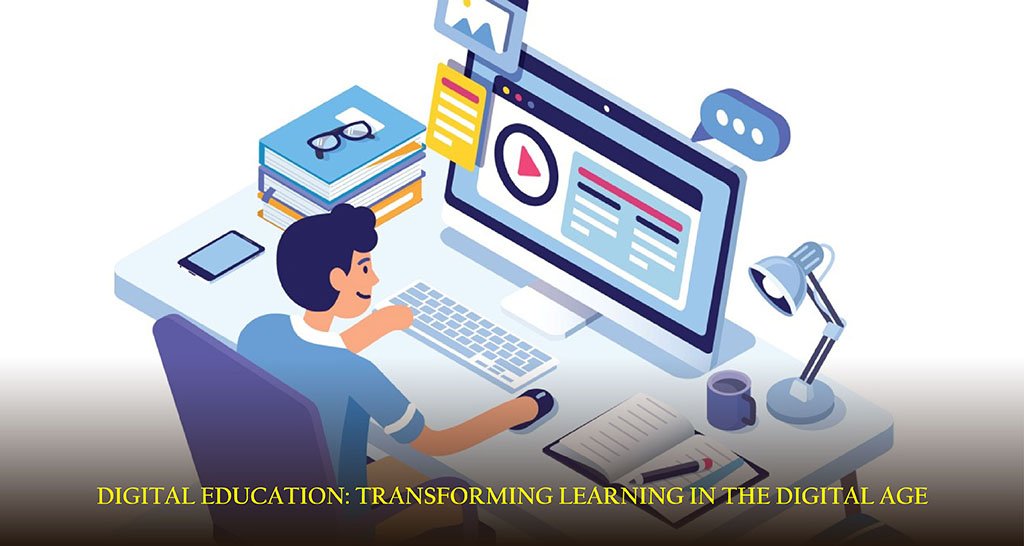Introduction to Educational Technology
Educational technology, or EdTech, refers to the integration of technology into education to enhance learning experiences. From its inception, it has undergone significant transformations, revolutionizing the way students learn and educators teach.
Key Components of Educational Technology
The landscape of EdTech is vast, encompassing various tools such as learning management systems, interactive whiteboards, online assessments, and virtual or augmented reality. These components work together to create a dynamic and interactive learning environment.
Benefits of Educational Technology
EdTech brings numerous benefits, including increased student engagement, personalized learning experiences, and improved accessibility. It caters to diverse learning styles, making education more inclusive and effective.
Challenges in Implementing Educational Technology
Despite its potential, the implementation of EdTech faces challenges such as inadequate infrastructure, the need for teacher training, and concerns about data security and privacy. Addressing these challenges is crucial for the successful integration of technology in education.
Successful Implementation Examples
Numerous success stories highlight the positive impact of EdTech on student outcomes. Case studies from schools or institutions showcase innovative approaches to teaching and learning, providing valuable insights for others.
Integrating Educational Technology in Curriculum
Customizing lesson plans and incorporating EdTech in curriculum design enhances the effectiveness of education. Blended learning approaches, combining traditional and digital methods, create a balanced and comprehensive learning experience.
Adaptive Learning Platforms
Adaptive learning platforms utilize artificial intelligence to provide personalized learning experiences. These platforms adjust to individual student needs, fostering a more effective and tailored approach to education.
Gamification in Education
Gamification involves incorporating game elements into educational activities, increasing motivation and participation. It transforms learning into an engaging and enjoyable experience, promoting better retention of information.
Emerging Trends in Educational Technology
Artificial intelligence and blockchain technology are emerging trends in EdTech, offering new possibilities for personalized learning and secure academic records. These advancements have the potential to reshape the future of education.
Digital Literacy and Educational Technology
The digital era requires students to possess essential digital skills. EdTech plays a crucial role in preparing students for the digital age, equipping them with the necessary knowledge and competencies.
Teacher’s Role in Educational Technology
Educators play a pivotal role in facilitating the integration of technology in the classroom. Continuous professional development ensures that teachers are equipped with the skills and knowledge needed to harness the full potential of EdTech.
Global Perspectives on Educational Technology
Different countries approach EdTech in diverse ways, reflecting cultural, economic, and educational variations. Collaborative international projects can foster the exchange of ideas and best practices in EdTech implementation.
Government Initiatives Supporting EdTech
Governments worldwide are recognizing the importance of EdTech and implementing policies and funding to support its integration into education. Efforts are made to bridge the digital divide and ensure equitable access to educational resources.
Ethical Considerations in Educational Technology
As EdTech continues to evolve, addressing ethical considerations is crucial. This includes tackling biases in AI algorithms and ensuring that all students, regardless of background, have equal access to educational opportunities.
Future of Educational Technology
The future of EdTech holds exciting possibilities, with ongoing advancements in technology shaping the landscape of education. The integration of AI, immersive technologies, and innovative tools will continue to transform the way we teach and learn.
FAQs
- How does educational technology benefit students?
- EdTech enhances student engagement, provides personalized learning experiences, and improves accessibility.
- What challenges does the implementation of educational technology face?
- Challenges include lack of infrastructure, the need for teacher training, and concerns about data security and privacy.
- Are there successful examples of educational technology implementation?
- Yes, case studies from various institutions highlight the positive impact of EdTech on student outcomes.
- How can teachers facilitate the integration of technology in the classroom?
- Continuous professional development ensures that teachers are equipped with the skills needed to harness the full potential of EdTech.
